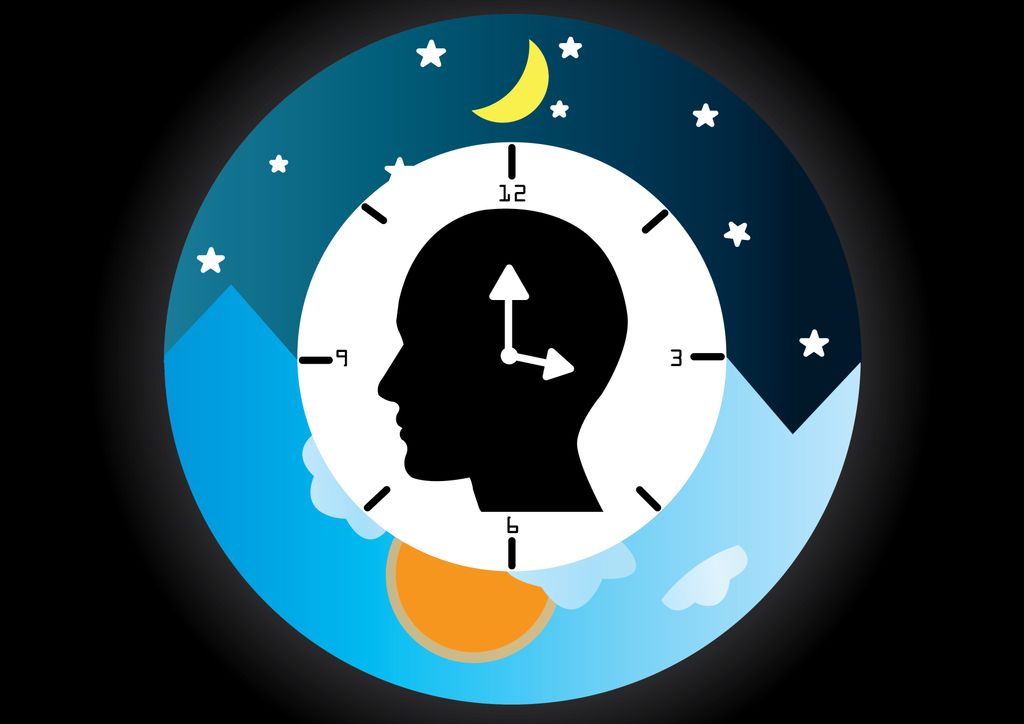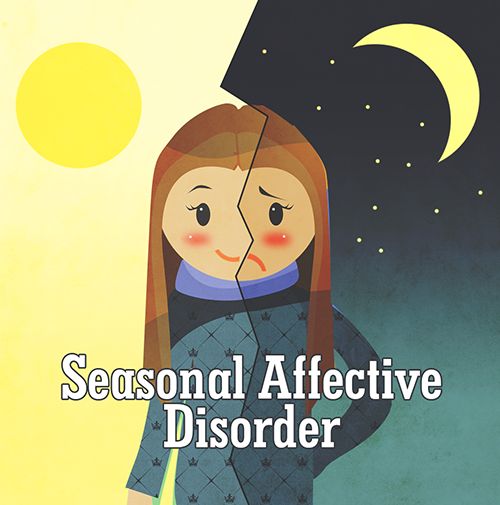Sunlight And Happiness
Jul 30, 2019 • 50 views

Coined there among, lonely horizontals, you exist openly. Our needs hourly, climb and return like angels. Unclosing like a hand, You give for ever.
When Philip Larkin wrote this lyrical poem about the sun I'm sure he wrote it because he couldn't find a parallel to the feeling of being kissed by the sun. I always feel like I'm being enveloped in a big, warm embrace whenever I'm out in the sun. I feel a distinctive bliss whenever the sun floods my skin with its golden light. Turns out this bliss isn't imaginary, the sun can actually boost your mood.
Let's find out how!

Light affects the body's circadian rhythm or the biological clock. Simply put, the circadian rhythm is a 24-hour cycle that regulates many body functions like feeding, sleeping, hormone production, and body temperature. This internal clock is affected by cues from the environment like light and temperature.When the brain detects low light through the optic nerve in your eye the body's master clock or the SCN (Suprachiasmatic Nucleus- A structure formed by a group of 20000 neurons in the brain)promotes the release of Melatonin or the 'sleep hormone' which makes you drowsy and thus helps you fall asleep. Now we know, if you don't get enough sleep you're more likely to be cranky and irritable but light has a more direct effect on your mood.
When the brain detects ample light, the SCN promotes the release of Serotonin or the 'happiness hormone'. Serotonin is thought to regulate anxiety, happiness, mood and low levels of Serotonin have been associated with Depression. Thus you are more likely to have high Serotonin levels on a sunny day as compared to a cloudy day and this has been proved in a study by Lambert et al.
Another study done on suicide victims showed lower levels of Vitamin D in them. Vitamin D as we all know is dependent on sunlight, which implies that these people had reduced sun exposure. Interestingly, Vitamin D may also be responsible for increasing serotonin levels and its receptors are found in areas of the brain dealing with depression.
In 2016, a study at Brigham Young University with around 16,452 participants took data from the weather,pollution and the counseling and psychology departments. Participants in the study claimed that they felt more distressed on a rainy and polluted day. However, the results concluded that it was just the time between sunrise and sunset that decreased emotional stress and that temperature and pollution had a minimal role to play.
Now we know that sunlight does affect our mood, but should we be really really worried about not getting enough of it? I guess yes.
Seasonal Affective Disorder

Seasonal Affective Disorder or SAD is a type of depression that is related to seasons. It is a very common disorder with more then 10 million cases a year in India alone. This term was coined by Dr.Norman E.Rosenthal at Georgetown University to describe the usual winter blues - the lethargy and gloom we feel when the weather forces us to spend more time indoors and reduces our opportunities to expose ourselves to natural light. In most cases, SAD symptoms appear during late fall or early winter and go away with the onset of spring-summer. This makes sense as there is decreased sun exposure in winters with shorter days. Thus there is a dip in Serotonin levels which explains why many people experience SAD during that time. Rarely, people may also develop symptoms in spring-summer with normal mood in winter.
Modern lifestyle where we spend most of our time indoors may be encouraging a yearly onset of SAD and thus it becomes very important for us to have regular exposure to sunlight.
Light therapy or phototherapy is way way to treat SAD and certain other conditions which are triggered by light. This Treatment requires the person to sit under or near a Light Therapy Box which emits light similar to the natural sunlight. It is notable that people suffering from Non-seasonal depression do not necessarily show low Serotonin levels and thus light therapy may not be a conclusive treatment for them.
To prevent SAD and to have a more wholesome, happier life, it is recommended to spend at least 10-20 minutes every day in sunlight. This doesn't just benefit you psychologically, sunlight has many more wonders to share.The UV-B light in sunlight helps create Vitamin D which plays a huge role in bone health. Low Vitamin D levels may lead to bone diseases such as Osteoporosis in Adults and Rickets in children. Although excess sunlight may lead to skin cancers, a moderate amount of sunlight may reduce the chances of colon cancer, Ovarian cancer, Hodgkin's lymphoma, Pancreatic cancer, and Prostate cancer. It may also help with various skin conditions like Psoriasis, Eczema, Acne, and Jaundice.
In conclusion, I would just like you all to shed your umbrellas and ditch your sunscreens once in a while and embrace the all glowing glory of the sun. It will do you good, now you know.
